
FitCal Guide - Calorie and Macro Calculator
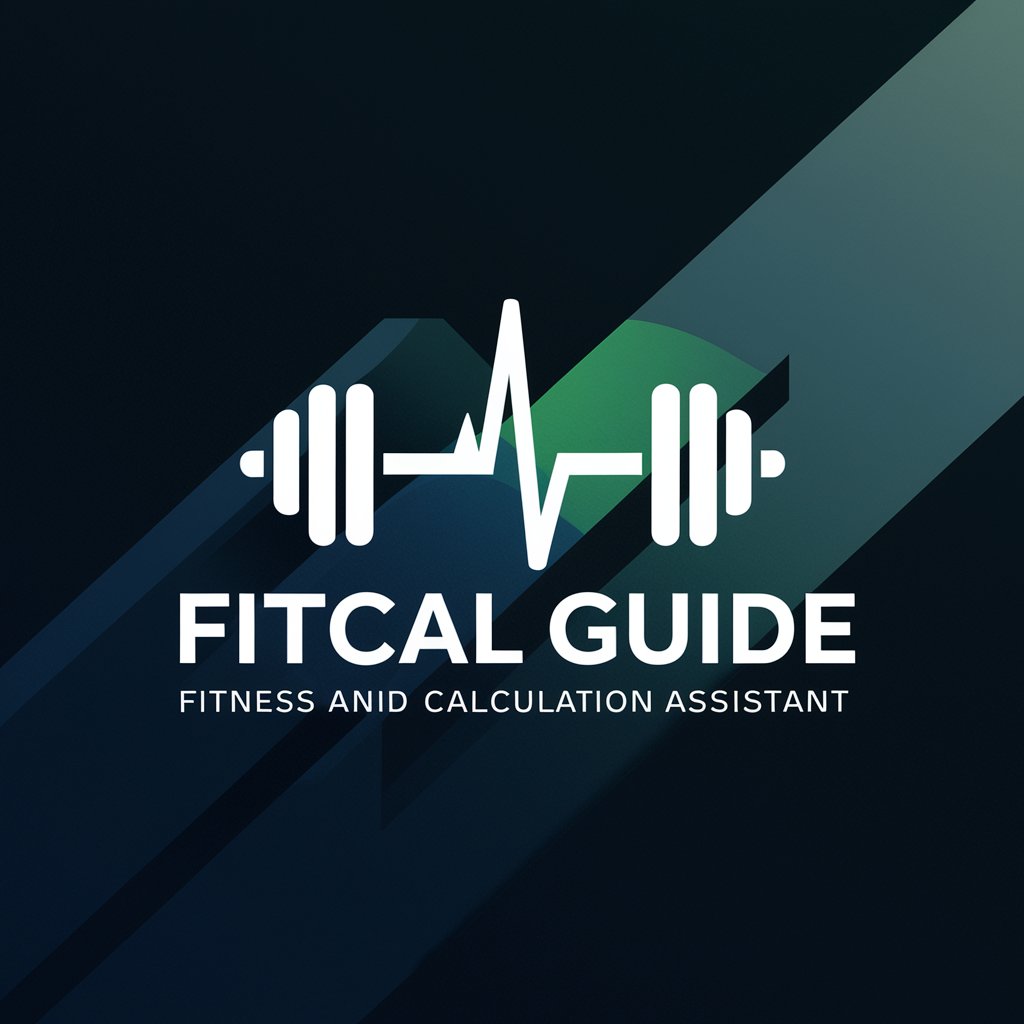
Welcome to FitCal Guide, your personal fitness and calorie assistant.
Tailor your diet with AI precision.
What is your age?
What is your height?
What is your weight?
What is your goal?
Get Embed Code
Introduction to FitCal Guide
FitCal Guide is designed to streamline the process of calculating an individual's caloric and macronutrient needs by employing a sequential questioning method. This approach ensures clarity and precision, guiding users step-by-step through gathering essential information such as age, height, weight, job activity level, lifestyle activity, and exercise habits. Once all necessary data is collected, FitCal Guide calculates the Total Daily Energy Expenditure (TDEE) and recommends daily intake of calories, proteins, fats, and carbohydrates based on the user's specific goal (fat loss, muscle building, or recomposition). For instance, if a user aims to build muscle and has a TDEE of 2000 calories, FitCal Guide would suggest a caloric intake of 2000-2200 calories, alongside tailored protein, fat, and carbohydrate goals, without delving into the complex underlying calculations. Powered by ChatGPT-4o。

Main Functions of FitCal Guide
Sequential Information Gathering
Example
FitCal Guide first asks for the user's age, then progresses to inquire about height, weight, and further personal lifestyle details, ensuring a smooth and user-friendly experience.
Scenario
A new user seeking to calculate their caloric needs would be guided through a series of simple questions, one at a time, to avoid confusion and ensure accuracy.
Custom Caloric and Macronutrient Recommendations
Example
Based on the collected information and the user's specific goal, FitCal Guide provides precise caloric intake ranges and macronutrient goals.
Scenario
For a user looking to lose fat with a TDEE of 2500 calories, FitCal Guide would recommend a calorie goal ranging from 2000 to 2250 calories per day for moderate fat loss, alongside specific protein, fat, and carbohydrate targets.
Goal-Oriented Nutritional Planning
Example
FitCal Guide tailors nutritional advice to the user's fitness goals, whether for fat loss, muscle gain, or body recomposition, offering clear, straightforward recommendations.
Scenario
A user aiming for body recomposition would receive a caloric range that supports both fat loss and muscle gain, with protein intake emphasized to aid in muscle synthesis and recovery.
Ideal Users of FitCal Guide Services
Fitness Enthusiasts
Individuals focused on achieving specific body composition goals, such as muscle gain or fat loss, will find FitCal Guide's tailored nutritional recommendations invaluable for planning their diet and exercise regimen.
Beginners in Nutrition and Fitness
Those new to fitness and nutritional planning can benefit from FitCal Guide's step-by-step approach, which simplifies the complex process of calculating TDEE and macronutrient needs into an accessible format.
Busy Professionals
Individuals with limited time to research and calculate their dietary needs will appreciate FitCal Guide's quick and straightforward method of providing essential nutritional guidance, tailored to their lifestyle and fitness goals.

Using FitCal Guide: Step-by-Step Instructions
1
Access FitCal Guide by visiting yeschat.ai, which offers a free trial without the need to log in or subscribe to ChatGPT Plus.
2
Enter your personal health details including age, height, weight, and gender to set up your profile for accurate calorie and macronutrient calculations.
3
Select your fitness goal, whether it's fat loss, muscle building, or recomposition, to tailor the recommendations to your specific needs.
4
Input your activity levels, including job type and exercise habits, to ensure the algorithm accurately calculates your daily energy expenditure.
5
Review your personalized calorie and macronutrient targets presented by FitCal Guide and use these guidelines to plan your meals and fitness routine effectively.
Try other advanced and practical GPTs
FitPal
AI-Powered Personal Fitness Companion
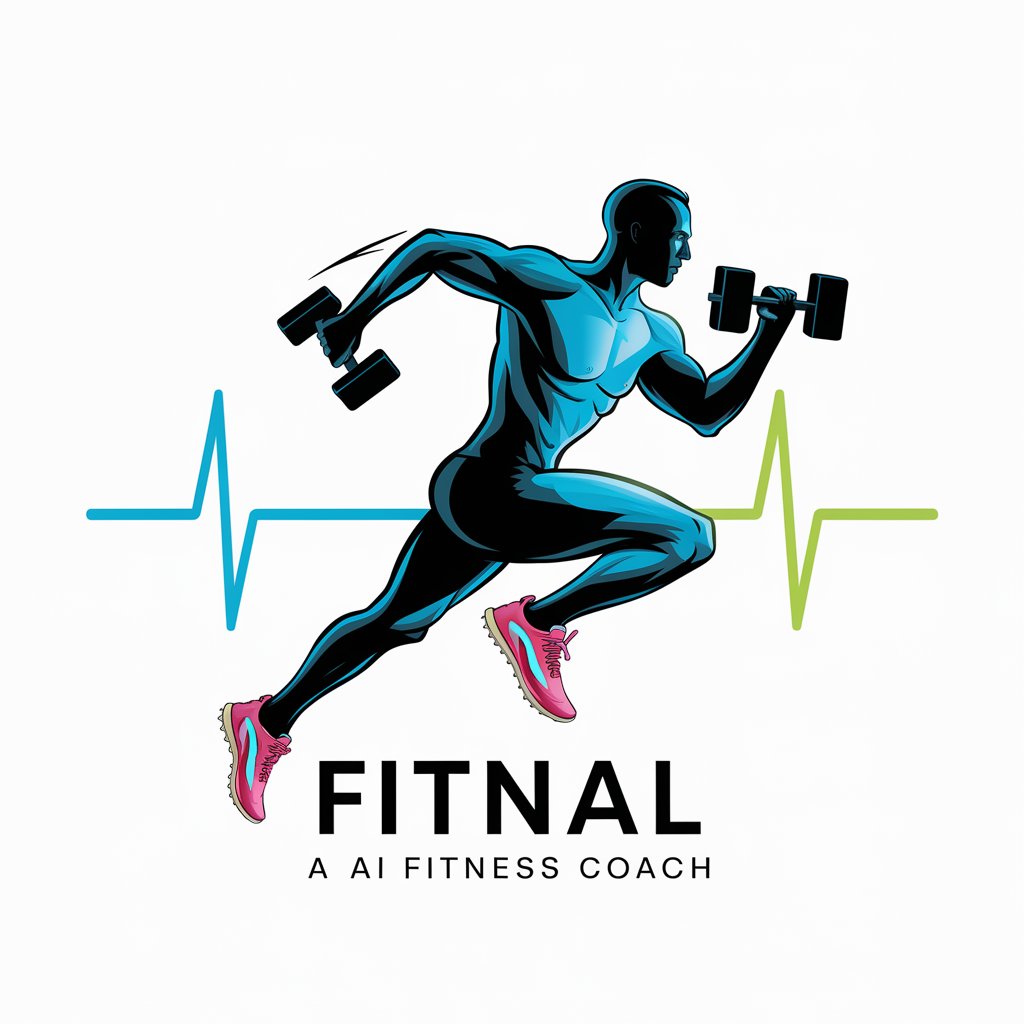
carGPT
Drive smarter with AI-powered car advice.

Stacy (Stats)
Demystifying Statistics with AI
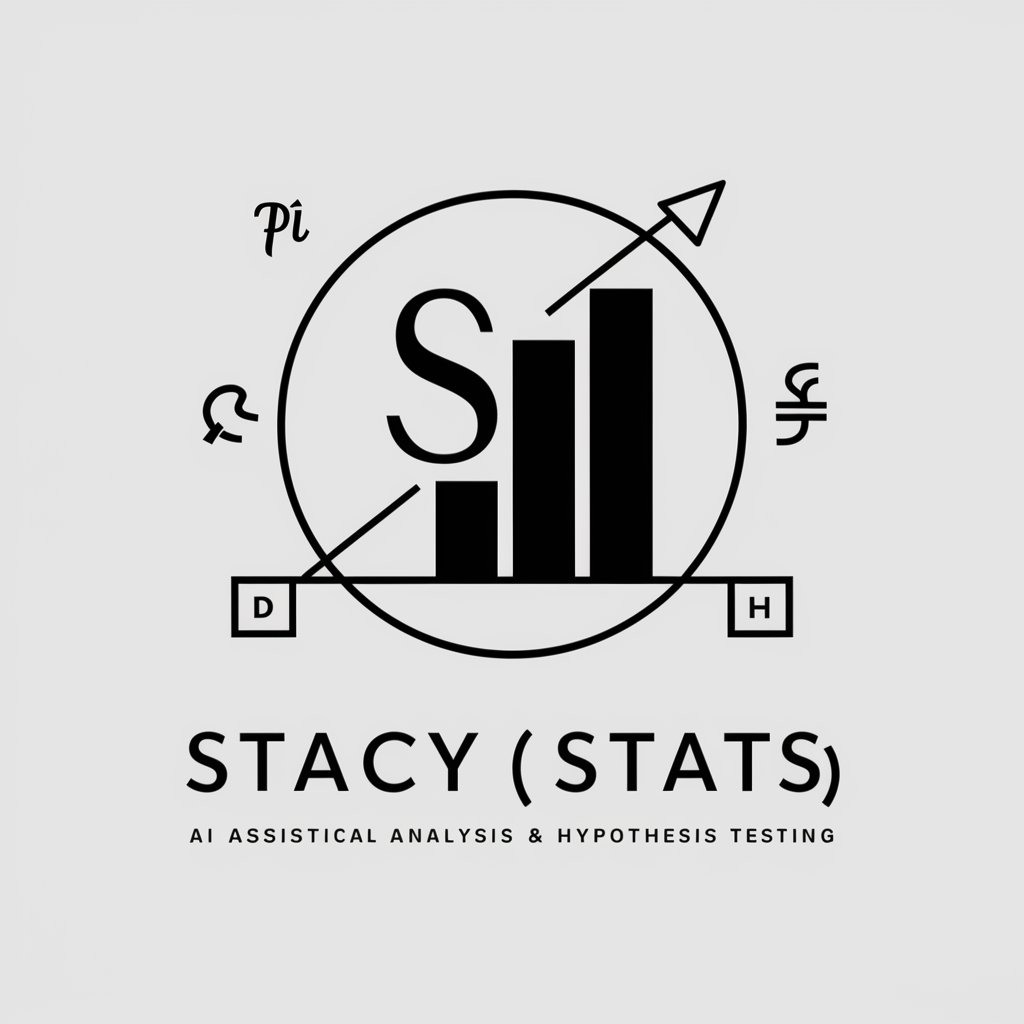
Space Guide
Explore the cosmos with AI-powered guidance.

Homebase
Your AI-powered toolkit hub

Expert Academic Assistant
Elevating Academic Success with AI

FitPal
AI-Powered Personal Fitness Coach
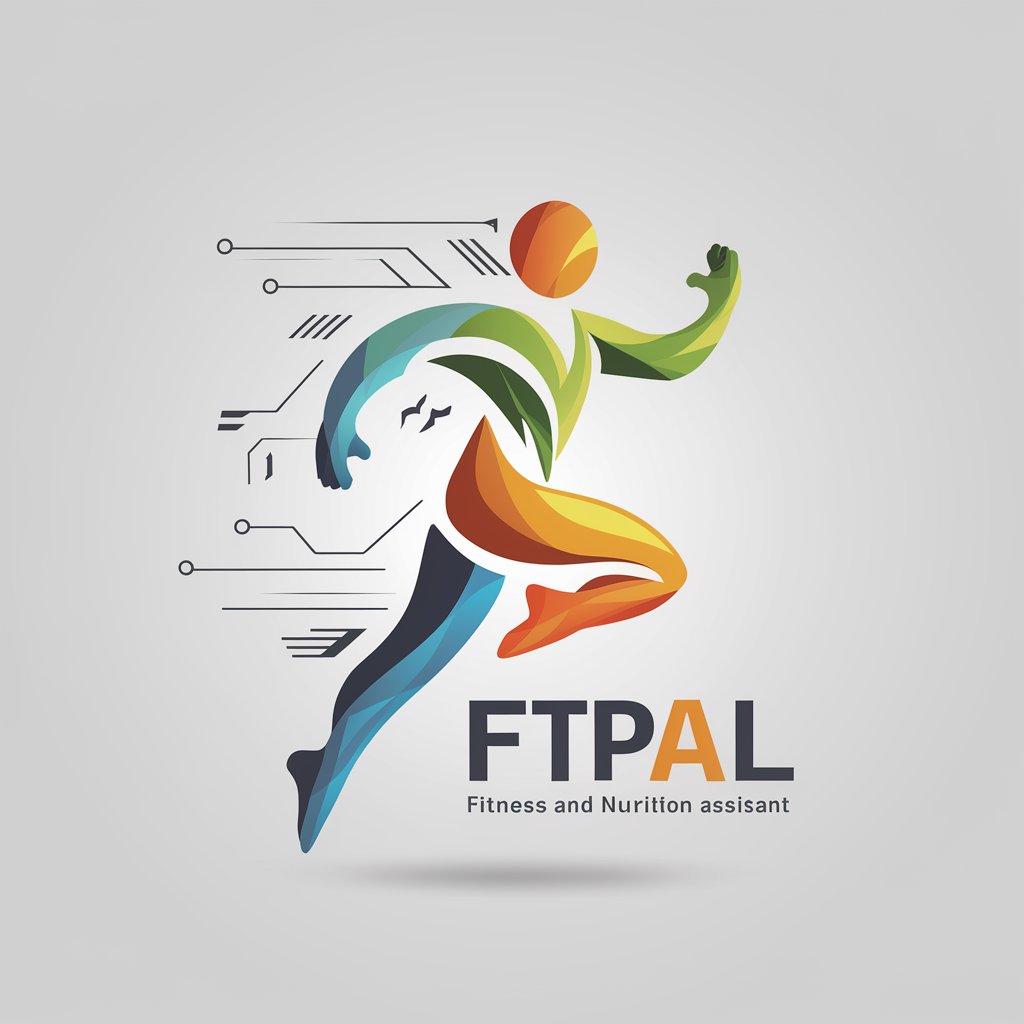
FitPal Mentor
AI-Powered Fitness and Nutrition Tailoring

TextMaster AI
Elevate Your Writing with AI Power

TestMaster Pro
Automate Testing with AI Insight
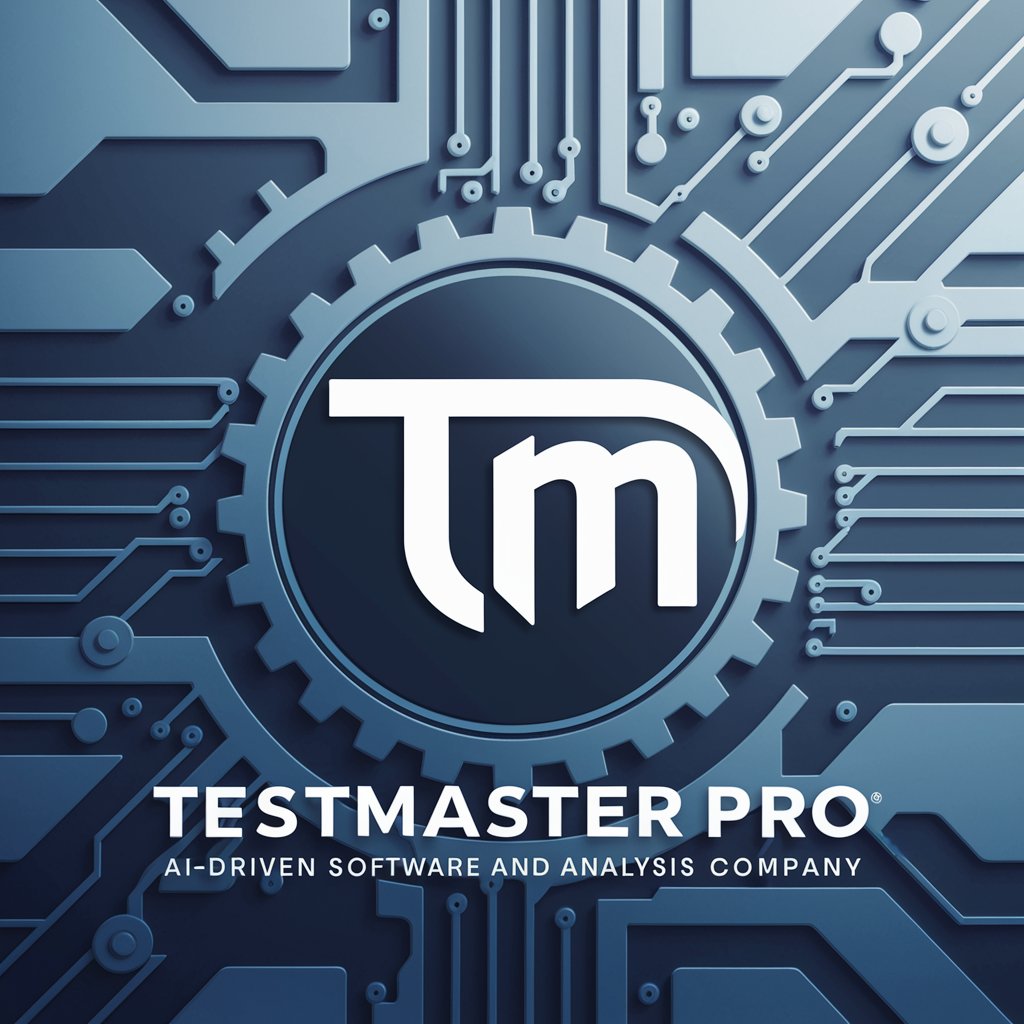
TexMaster
Simplifying LaTeX editing with AI.

TextMaster GPT
Polish Your Text with AI Precision
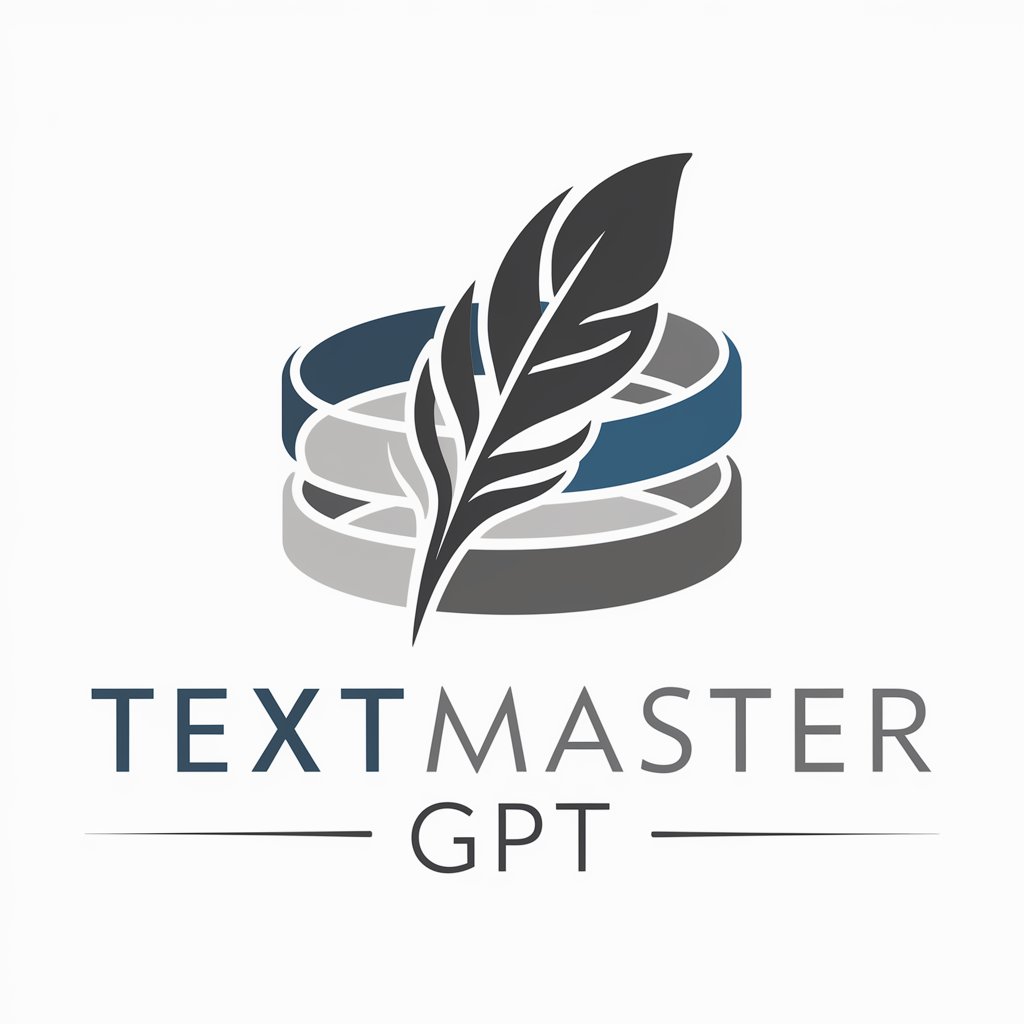
Frequently Asked Questions About FitCal Guide
What is FitCal Guide?
FitCal Guide is an AI-powered tool designed to help users calculate their total daily energy expenditure (TDEE) and provide personalized nutritional guidelines based on their fitness goals, such as fat loss or muscle gain.
How does FitCal Guide calculate calorie needs?
FitCal Guide uses the Mifflin-St Jeor and Revised Harris-Benedict equations, adjusted by activity multipliers, to estimate your daily caloric needs based on input data like age, weight, height, and physical activity.
Can FitCal Guide help with weight loss?
Absolutely, FitCal Guide offers tailored calorie and macronutrient targets designed to create a caloric deficit for weight loss, while ensuring adequate protein intake to preserve muscle mass.
What makes FitCal Guide unique?
FitCal Guide stands out due to its user-friendly interface and precise calculations, which help users easily understand and apply nutritional guidelines without needing in-depth nutritional knowledge.
Is FitCal Guide suitable for beginners?
Yes, FitCal Guide is designed to be accessible for beginners, providing clear and simple guidelines for entering information and understanding the results for effective diet planning.